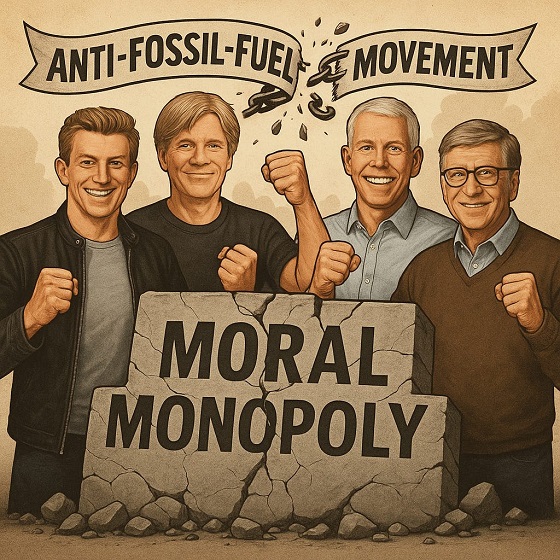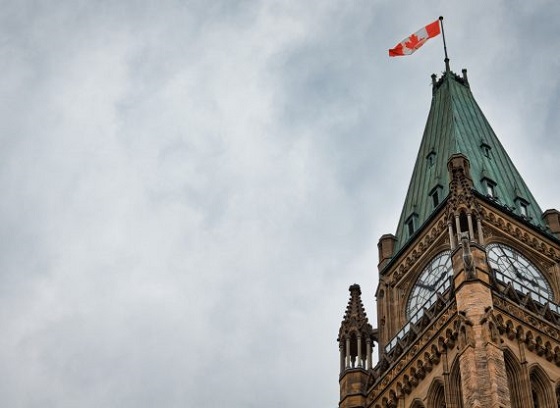From The Center Square
All-electric automaker Rivian Automotive announced on Monday that it received a “conditional commitment” for a $6.6B loan from the U.S. Department of Energy.
If finalized, the loan would be used to aid in the construction of a $5B Rivian plant just outside Atlanta, Georgia.
Politicians from both sides of the aisle were quick to react to the announcement of additional funding going to what they’ve labeled a “failing company.”
“Biden is forking over $6.6B to EV-maker Rivian to build a Georgia plant they’ve already halted,” said Vivek Ramaswamy, who will be leading President-Elect Donald Trump’s new Department of Government Efficiency, along with Elon Musk, CEO of X and Tesla Motors. “One ‘justification’ is the 7,500 jobs it creates, but that implies a cost of $880k/job which is insane. This smells more like a political shot across the bow at Elon Musk and Tesla.”
With its first plant currently operating in Illinois, the California-based vehicle startup company officially closed on the 1,800-acre lot in Georgia in Nov. 2023.
Acquired to be the location for a second “next-generation manufacturing facility” producing upwards of 400,000 vehicles a year, the company halted construction plans earlier this year after financial troubles. Over the course of the year, shares in Rivian have dropped about 50%, while the Michigan-based Center for Economic Accountability labeled the project the “Worst Economic Development Deal of the Year” for 2022.
Georgia also promised over a billion dollars in incentives for the company, The Center Square previously reported.
Rivian said the loan will accelerate the company’s “growth and leadership of electric vehicle design” as well as benefitting the electric vehicle industry throughout the United States.
“This loan will help create thousands of new American jobs and further strengthen U.S. leadership in EV manufacturing and technology,” said Rivian founder and CEO RJ Scaringe in a statement. “This loan would enable Rivian to more aggressively scale our U.S. manufacturing footprint.”
The funding will come from the Department of Energy’s Advanced Technology Vehicle Manufacturing Loan Program, which has also historically loaned both General Motors and Tesla money.
Jo Jorgensen, the 2020 Libertarian candidate for president, called out the loan.
“Electric vehicle startup Rivian Automotive has snagged up to $6.6 billion in funding from the U.S. government to grow its production capability,” she said. “Related news-Rivian is ranked among the worst brands for reliability in 2024. Per usual, our federal government is leading the race to the bottom!”
Earlier this month, the company’s quarter three financials signaled even more financial troubles for Rivian.
In the third quarter, it had a negative gross profit of $392 million, producing only 13,157 vehicles and “delivering” only 10,018. That means the company had a loss-per-vehicle of nearly $40,000.
“They should at least be required to get to positive gross margin with existing models before being given billions for future models,” Musk said of the loan announcement.
While Rivian promises the Georgia factory “will add billions of dollars in positive economic impact for Georgia,” Georgia Representative Marjorie Taylor Greene, a Republican, pushed back on that.
“I can tell you right now Georgians do not support Rivian and are sick and tired of seeing tax dollars handed over to this failing company, federal and state,” Greene said.
It was recently announced that Greene will be leading a congressional subcommittee dedicated to working with DOGE and rooting out “every penny of waste and abuse.”
Greene said that the Rivian loan is “the exact type of insanity that we have to stop.”






















